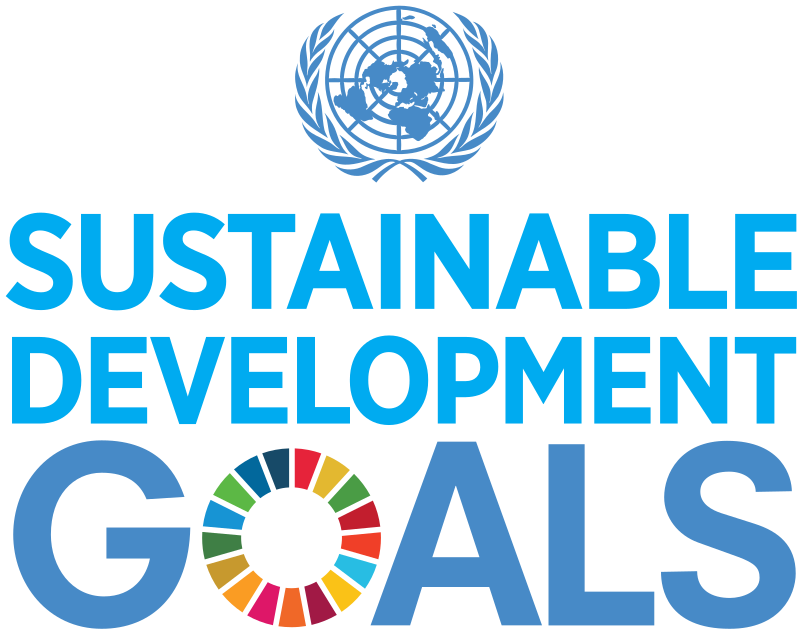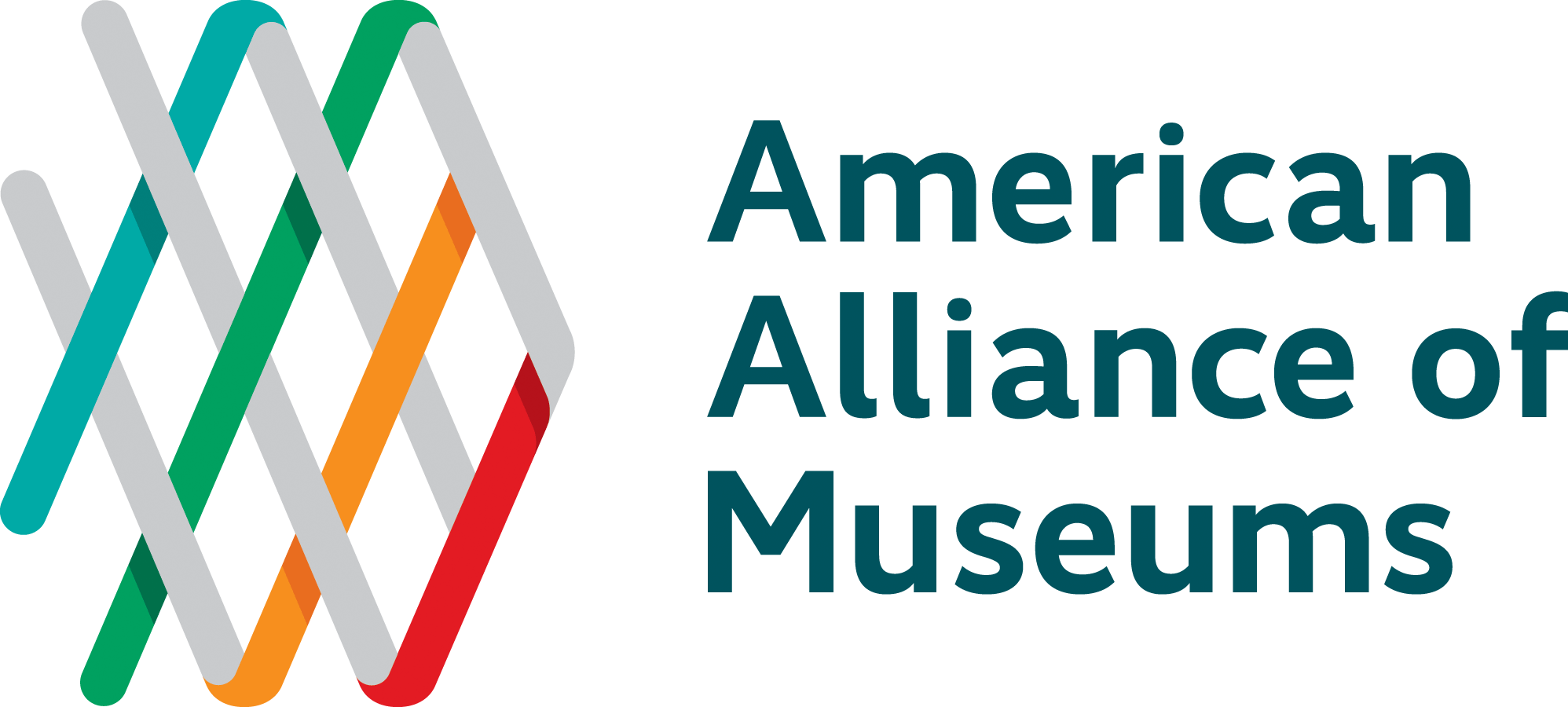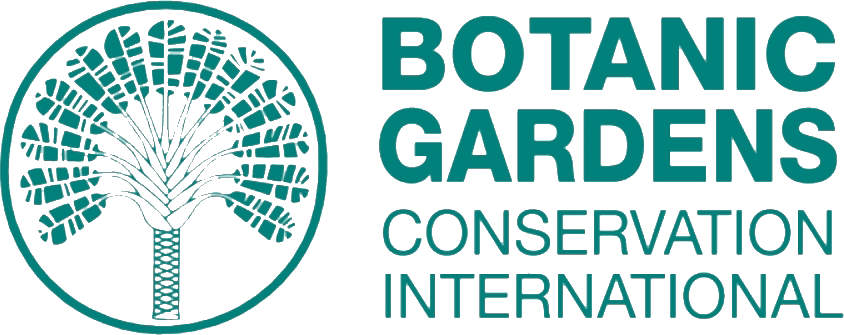Ausrichtung der nachhaltigen Entwicklungsziele der Vereinten Nationen und des Klima-Toolkits

Die Vereinten Nationen haben die 17 Nachhaltige Entwicklungsziele (SDGs) "eine Reihe universeller Ziele zu erarbeiten, die den dringenden ökologischen, politischen und wirtschaftlichen Herausforderungen unserer Welt gerecht werden." Jedes Ziel umfasst kleinere Ziele, um den Geltungsbereich des jeweiligen Ziels zu erweitern. Die SDGs bauen auf den Bemühungen der Millenniums-Entwicklungsziele auf, mit denen Standards zur Bekämpfung von Armut, Hunger, HIV/AIDS und anderen behandelbaren Krankheiten sowie zur Ausweitung der Grundschulbildung auf alle Kinder geschaffen wurden. Der Klimawandel wirkt sich in hohem Maße auf die öffentliche Gesundheit, die Nahrungsmittel- und Wassersicherheit, die Migration sowie auf Frieden und Sicherheit aus, so dass alle Bemühungen, die auf eine nachhaltige Entwicklung abzielen, einen großen Beitrag zum Klimawandel leisten können. Die Nachhaltigen Entwicklungsziele und das Klima-Toolkit konzentrieren sich beide darauf, den Klimawandel offensiv anzugehen.
Die Ziele des Klima-Toolkits, die mit den SDGs übereinstimmen, sind unten gepaart.
Ziele für nachhaltige Entwicklung | Klima-Toolkit-Ziele |
|---|---|
| 2. Null Hunger | Lebensmittelservice |
| 2.4 Gewährleistung nachhaltiger Lebensmittelproduktionssysteme und Anwendung widerstandsfähiger landwirtschaftlicher Praktiken, die die Produktivität und Produktion steigern und zur Erhaltung des Ökosystems beitragen. | Sicherstellen, dass 50% der verwendeten Pestizide und Düngemittel frei von fossilen Brennstoffen sind. Tätigen Sie 10% aller Lebensmitteleinkäufe im Umkreis von 100 Meilen um den Standort. |
| 6. Sauberes Wasser und sanitäre Einrichtungen | Wasser |
| 6.5 Bis 2030 integrierte Bewirtschaftung der Wasserressourcen auf allen Ebenen umsetzen, gegebenenfalls auch durch grenzüberschreitende Zusammenarbeit. | Senkung des kommunalen Wasserverbrauchs um mindestens 25% Reduzierung des für die Bewässerung verwendeten Trinkwassers um mindestens 25% |
| 7. Erschwingliche und saubere Energie | Energie |
| 7.2 Bis 2030 soll der Anteil der erneuerbaren Energien am globalen Energiemix deutlich erhöht werden. | Erzeugen oder kaufen Sie 100% Strom aus erneuerbaren Energien. Bauen Sie alle neuen Gebäude als Null-Energie-Gebäude oder Living Buildings. |
| 9. Industrie, Innovation und Infrastruktur | Abfall, Forschung |
| 9.4 Modernisierung der Infrastruktur und Umrüstung der Industrie, um sie nachhaltig zu machen, mit erhöhter Ressourceneffizienz und verstärktem Einsatz sauberer und umweltfreundlicher Technologien und Industrieprozesse. | Stellen Sie sicher, dass bei Neubauten oder Renovierungen eine verantwortungsvolle Abfallvermeidung und -bewirtschaftung erfolgt. |
| 9.5 Ausbau der wissenschaftlichen Forschung, Verbesserung der technologischen Fähigkeiten der Industrie in allen Ländern. | Durchführung von regionsspezifischen Forschungsarbeiten zum Klimawandel. |
| 11. Nachhaltige Städte und Gemeinden | Transport |
| 11.2 Bis 2030 Zugang zu sicheren, erschwinglichen, zugänglichen und nachhaltigen Verkehrssystemen für alle schaffen. | Schaffung von Anreizen für Mitarbeiter, Fahrgemeinschaften zu bilden, das Fahrrad zu benutzen, den Bus zu nehmen oder auf andere Weise auf den Individualverkehr zu verzichten. Anreize für nachhaltige Reisen der Besucher. |
| 11.7 Bis 2030 den allgemeinen Zugang zu sicheren, inklusiven und zugänglichen Grünflächen und öffentlichen Räumen gewährleisten. | Umwandlung von Parkplätzen in Grünflächen, um den Temperaturanstieg in den Städten zu bekämpfen. |
| 12. Verantwortungsbewusster Konsum und Produktion | Abfall, Investitionen |
| 12.3 Bis 2030 die weltweite Pro-Kopf-Verschwendung von Lebensmitteln im Einzelhandel und bei den Verbrauchern halbieren und die Lebensmittelverluste entlang der Produktions- und Lieferketten, einschließlich der Nachernteverluste, verringern. | Kompostieren Sie 100% aller Lebensmittelabfälle. |
| 12.5 Erhebliche Verringerung des Abfallaufkommens durch Vermeidung, Verringerung, Recycling und Wiederverwendung. | Recyceln oder verwenden Sie alle wiederverwertbaren Materialien wie Metalle, Glas und Kunststoffe im gesamten Wintergarten. Abschaffung von Einwegplastik in der Gastronomie, im Gartenbau, im Geschenkeladen und in allen anderen Einrichtungen und Betrieben. Abschaffung des Verkaufs und der Verwendung von Wasser in Flaschen. |
| 12.c Rationalisierung der ineffizienten Subventionen für fossile Brennstoffe. | Verzichten Sie auf Investitionen in fossile Brennstoffe. Investieren Sie in sozial verantwortliche Anlagen. |
| 13. Klima-Aktion | Energie, Besucher |
| 13.2 Integration des Klimawandels Maßnahmen in nationale Politiken, Strategien und Planungen. | Erfüllen Sie das Pariser Klimaabkommen ODER reduzieren Sie die Reduzierung fossiler Brennstoffe um 25% |
| 13.3 Verbesserung der Bildung, der Sensibilisierung und der personellen und institutionellen Kapazitäten für die Eindämmung des Klimawandels, die Anpassung, die Verringerung der Auswirkungen und die Frühwarnung. | Vermittlung bewährter Praktiken zur Abschwächung und Reduzierung des globalen Klimawandels. Unterstützung der Besucher bei der Umstellung auf erneuerbare Energien im Haushalt. Aufklärung der Besucher über nachhaltigen, fossilfreien Gartenbau. Aufklärung der Besucher über den Anbau ökologischer Lebensmittel. Aufklärung der Besucher über die Auswirkungen von Lebensmittelauswahl und -verschwendung. |
| 15. Leben an Land | Landschaften und Gartenbau |
| 15.9 Bis 2020 Einbeziehung der Werte von Ökosystemen und biologischer Vielfalt in die nationale und lokale Planung, Entwicklungsprozesse, Strategien zur Armutsbekämpfung und Rechnungslegung. | Unterstützung der Wiederaufforstung zur Bindung von Kohlenstoff |
| 17. Partnerschaften für die Ziele | Investitionen |
| 17.16 die Globale Partnerschaft für nachhaltige Entwicklung ausbauen, ergänzt durch Multi-Stakeholder-Partnerschaften, die Wissen, Fachwissen, Technologie und finanzielle Ressourcen mobilisieren und gemeinsam nutzen, um die Verwirklichung der Ziele für nachhaltige Entwicklung in allen Ländern, insbesondere in den Entwicklungsländern, zu unterstützen 17.17 Anregung und Förderung wirksamer öffentlicher, öffentlich-privater und zivilgesellschaftlicher Partnerschaften, aufbauend auf den Erfahrungen und Finanzierungsstrategien von Partnerschaften. | Verzichten Sie auf Investitionen in fossile Brennstoffe. Investieren Sie in sozial verantwortliche Investitionen. |
Um mehr über die Ziele für nachhaltige Entwicklung zu erfahren, Besuchen Sie die Website der Vereinten Nationen.





